The visa for digital nomads in Croatia was introduced in January 2021. Strictly speaking, it’s not a visa but a temporary residence permit that allows you to live and work remotely in the country. It is valid for a period of 6 months to 1 year, and after one year, you must leave the country for a minimum of 6 months before reapplying for a new visa.
As of January 1, 2023, Croatia has joined the Schengen Zone and the Eurozone.
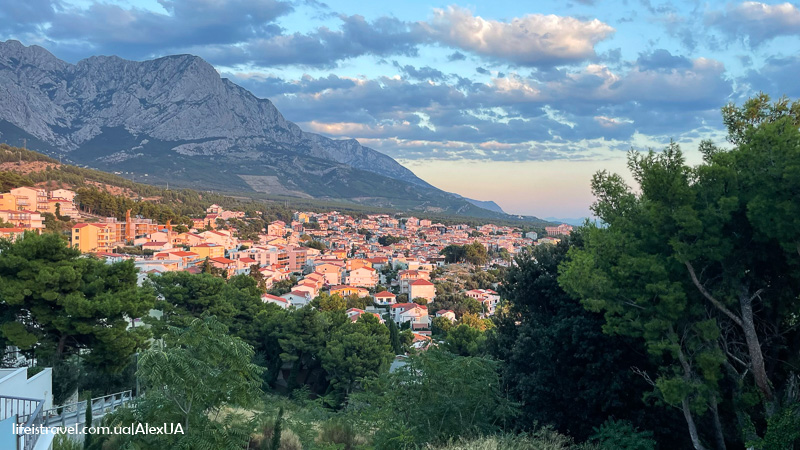
Why Croatia?
If you work remotely for yourself or a company, you can choose where to live and conduct your business. Croatia is considered almost ideal for this lifestyle. It offers excellent Mediterranean cuisine, a mild climate, and the Adriatic Sea nearby. The cost of living is lower compared to most European countries, and Croatia boasts numerous attractions and a diverse cultural scene.
Most Croatians speak English, and many are proficient in German. The Croatian language is pretty easy to understand.
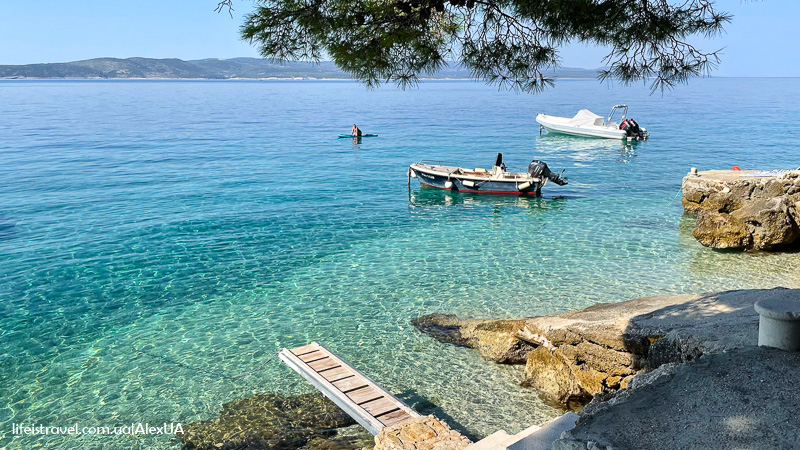
What is a Visa for Digital Nomads?
A visa for digital nomads is designed for remote workers, entrepreneurs, and freelancers who want to live outside their home country for longer than regular visas or visa-free stay rules allow. Technically, these visas are more like residence permits, allowing remote workers to live in the country.
To qualify for a digital nomad visa, you must work for a foreign company or be self-employed, and such visas are now issued by many countries, enabling individuals to live where they choose, explore the country, and gain new experiences.
Importantly, you can stay in the country longer than allowed by tourist visas or visa-free entry. For example, in Croatia or any other EU country, you can stay up to 90 days without a visa, but with a digital nomad visa, you can remain in Croatia for up to 1 year.
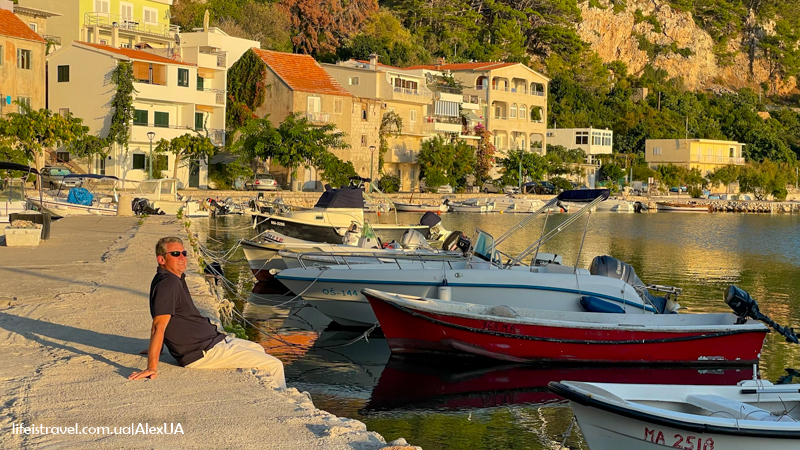
Requirements for Digital Nomad Visa in Croatia
Like any visa type, there are specific requirements for obtaining a digital nomad visa (temporary residence permit for digital nomads) in Croatia. Here’s what you need:
- A valid passport (must be valid for at least 3 months beyond the visa expiration date).
- Proof of remote work, freelancing, or entrepreneurship with a foreign company outside Croatia.
- Earnings: Your monthly income should be at least €2539.31 (calculated as the average monthly salary in Croatia for the previous year multiplied by a coefficient of 2.5). Alternatively, you can provide proof of €30471.72 in your bank account if planning to reside in Croatia for a year.
- Health insurance valid in Croatia for the entire stay.
- Certificate of no criminal record – a certified record from the country of residence.
- Temporary address in Croatia – a lease agreement or booking confirmation from platforms like Booking or Airbnb.
- Completed application – can be filled out online or in person and submitted to the Croatian police.
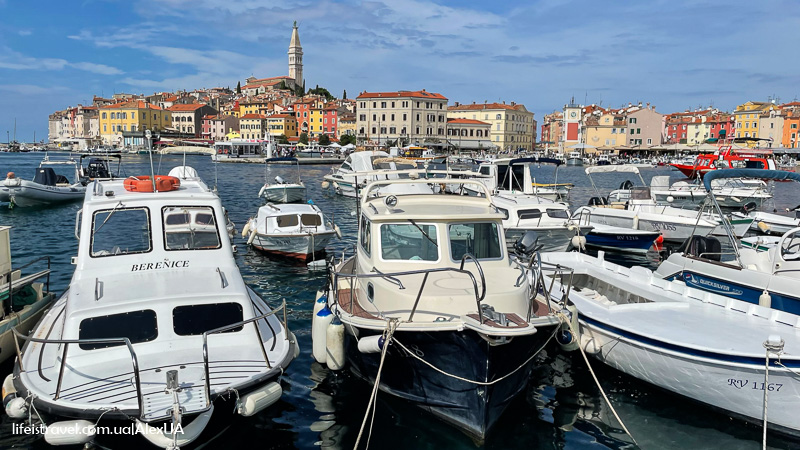
Step-by-Step Application Process for Digital Nomad Visa in Croatia
You can apply for a digital nomad visa while in Croatia or from abroad. Detailed procedures and fees can be found on the official website of Croatia.
It’s advisable to handle the application while in Croatia, as it is cheaper and simpler.
Step 1: Gather Documents and Submit Application
You can apply for a digital nomad visa in Croatia in three ways:
- Fill out the application online, regardless of your location.
- Apply at the Croatian embassy or consulate abroad.
- Apply in person at the local police in Croatia.
You’ll need several documents, including a copy of your passport, photographs, evidence of your work, income confirmation, bank statements for the last three months, a criminal record certificate, a temporary address in Croatia, and a completed application (online or printed).
Note: All documents must be apostilled in the country of origin and translated into Croatian by an accredited translator!
What Needs to be Paid?
If you are submitting an application at the Croatian embassy or consulate, visa and administrative fees can be paid during the application process.
- €55.74 – Temporary residence
- €93 – Visa fee for a long-stay type D visa
- €41.14 – Residence card
If you are submitting the application in person at a local police station in Croatia, the following fees should be paid after the approval of your application:
- €46.45 – Temporary residence
- €31.85 – Biometric residence card
- €9.29 – Administrative fees
It is also important to note that obtaining a criminal record certificate is easier to do in your country of residence.
Step 2: Data Processing
Wait for approval of the visa for digital nomads.
Step 3: Register Your Address in Croatia
Register a temporary address in Croatia within 30 days from the approval of the visa application or within 3 days after arriving in Croatia. To register, visit the nearest police station to your place of residence and submit Form Obrazac 8a, along with a lease agreement or confirmation of booking in a hotel/AirBnB.
Step 4: Obtain the Biometric Residence Card
The biometric residence card must be obtained at the police station. For this, you will need a 30×35 mm recent photograph. Provide receipts for the payment of residence and administrative fees. At the police station, submit fingerprints and sign. In return, you will receive a white biometric residence card.
Step 5: Obtain the Temporary Residence Card
The temporary residence card will be ready in approximately three weeks. You also need to get it at the police station. For this, you need a passport and the white biometric residence card. You will be issued a temporary residence permit, and the process of obtaining the digital nomad visa will be completed.
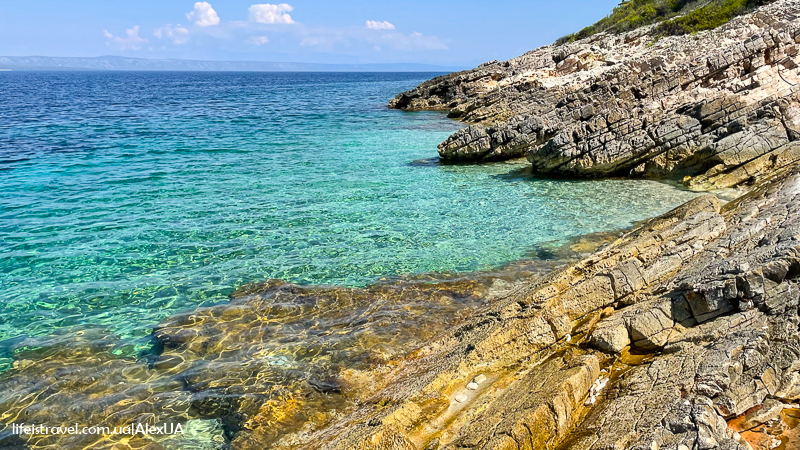
Why Croatia is Good for Digital Nomads
Croatia is an incredibly beautiful country situated on the shores of the Adriatic Sea, occupying its finest part. It offers a variety of stunning locations on coastal islands, mountains, waterfalls, lakes, and national parks. Along the coastline, there are numerous historical cities and cozy villages.
Croatia is considered one of the most civilized countries in the Balkans, along with Slovenia.
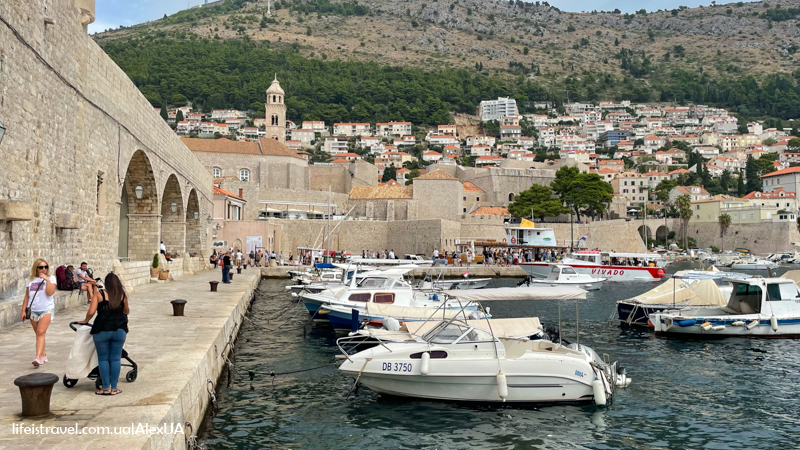
The best cities for digital nomads include the capital Zagreb, and coastal cities with good infrastructure such as Split, Rovinj, Pula, Zadar, and Dubrovnik.
Croatia has many cafes where you can work all day undisturbed. The internet is fast, and there’s a large community of like-minded digital nomads from different parts of the world.
The cost of living in Croatia is significantly lower than in Germany, France, Spain, Italy, or Slovenia.
While trains exist in Croatia, the railway system is not well-developed. The country has excellent roads, making it best to travel by buses or with your own car. Ferries make it easy to reach numerous islands.
For short periods, you can rent a car.
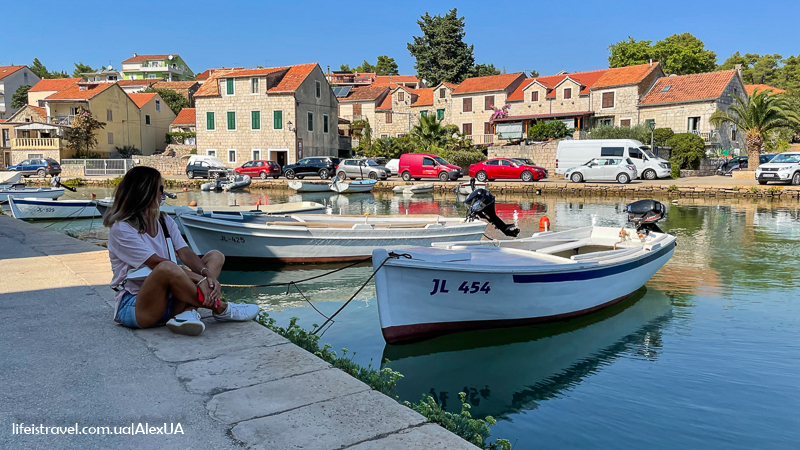
Where to Buy Air Tickets to Croatia
We buy all plane tickets on Aviasales—loved for good prices, a choice of destinations, and a user-friendly website.